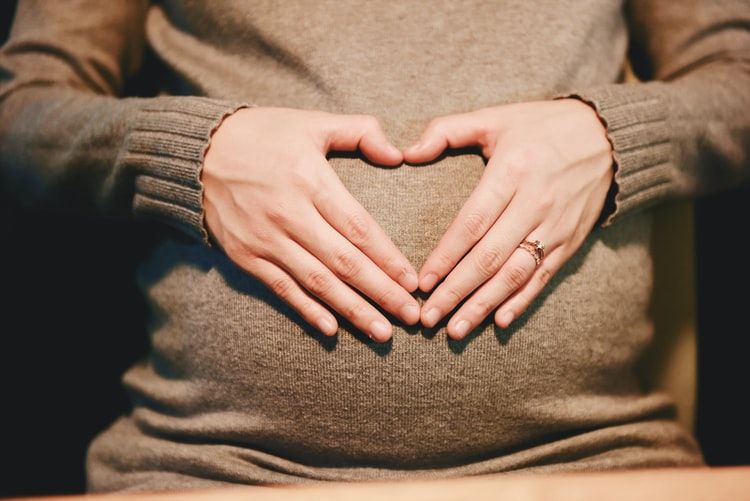The United Kingdom has started a new clinical trial to test the most appropriate time interval between two doses of an mRNA COVID-19 vaccine in pregnant women. The clinical trials of COVID vaccines, in 2020, did not include pregnant or breastfeeding individuals. This approach is typical for the clinical study of a new investigational medicinal product and is enforced by regulatory bodies such as the US Food and Drug Administration (FDA) to protect both mothers and pregnancies.
After the global rollout of several COVID-19 vaccines, many pregnant individuals got vaccinated against CoVID-19 regardless and it enabled scientists to gather real-world retrospective data on the safety and efficacy of the different types of vaccines.
In April, the UK’s Joint Committee on Vaccination and Immunisation (JCVI), based on the data, advised pregnant women to get vaccinated.
Also Read| New York indoor dining, gyms to allow only people with COVID vaccination proof
Professor of Paediatric Infectious Diseases Paul Heath from St George’s University of London, said though tens of thousands of pregnant women have now been vaccinated in both the US and the UK, there is still no robust, prospective clinical trial data on COVID-19 vaccines in pregnant women.
This new study led by Heath – known as Preg-Cov – will provide this vital clinical information.
Over 600 low-risk pregnant women aged 18-45-years-old will take part in the trial across UK. All participants will receive two doses of an mRNA-based COVID-19 vaccine (either Pfizer–BioNTech’s BNT162b2 or Moderna’s mRNA-1273). The eligibility criteria permits the inclusion of individuals that have received their first dose prior to enrolling in the trial.
Also Read| As Delta variant spreads, US states impose vaccination checks, mandatory masking
Participants must be between 13 and 34 weeks pregnant on the date of the first COVID-19 vaccination, and will be divided into two groups: short interval and long interval dosing. The short interval group will receive their second COVID-19 vaccine between four to six weeks after their first dose, whereas the long interval group will receive their second dose between 8 and 12 weeks after their first. Consequently, some individuals will receive their second dose after delivering their baby. The study will follow all recruits for a period of one year.







